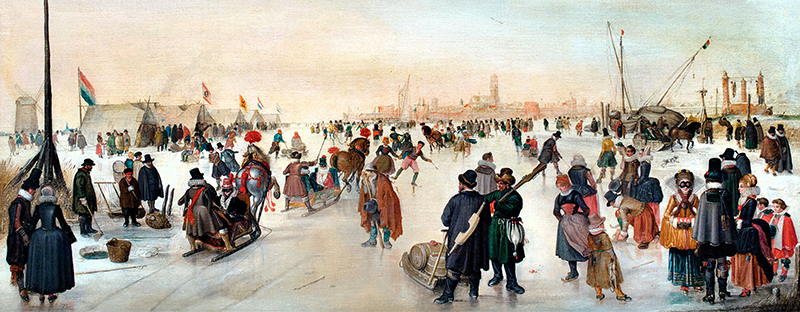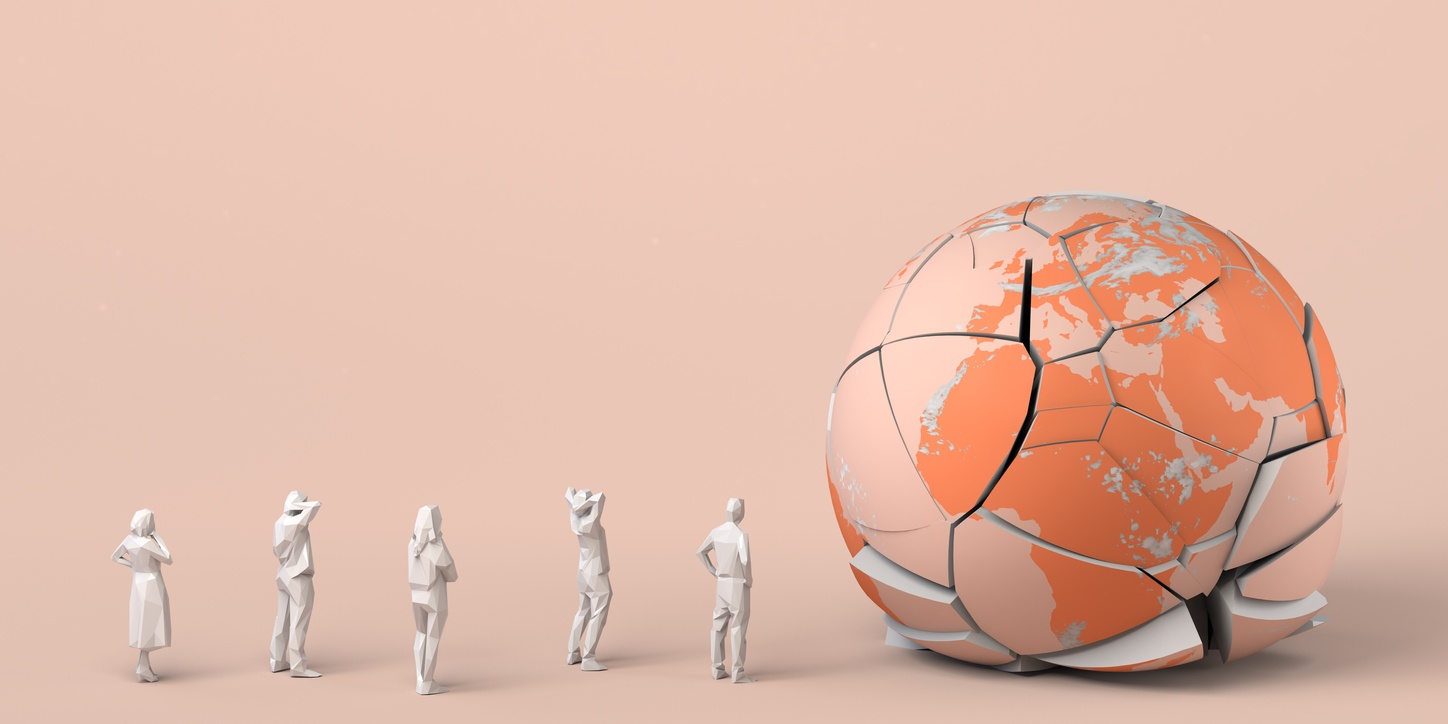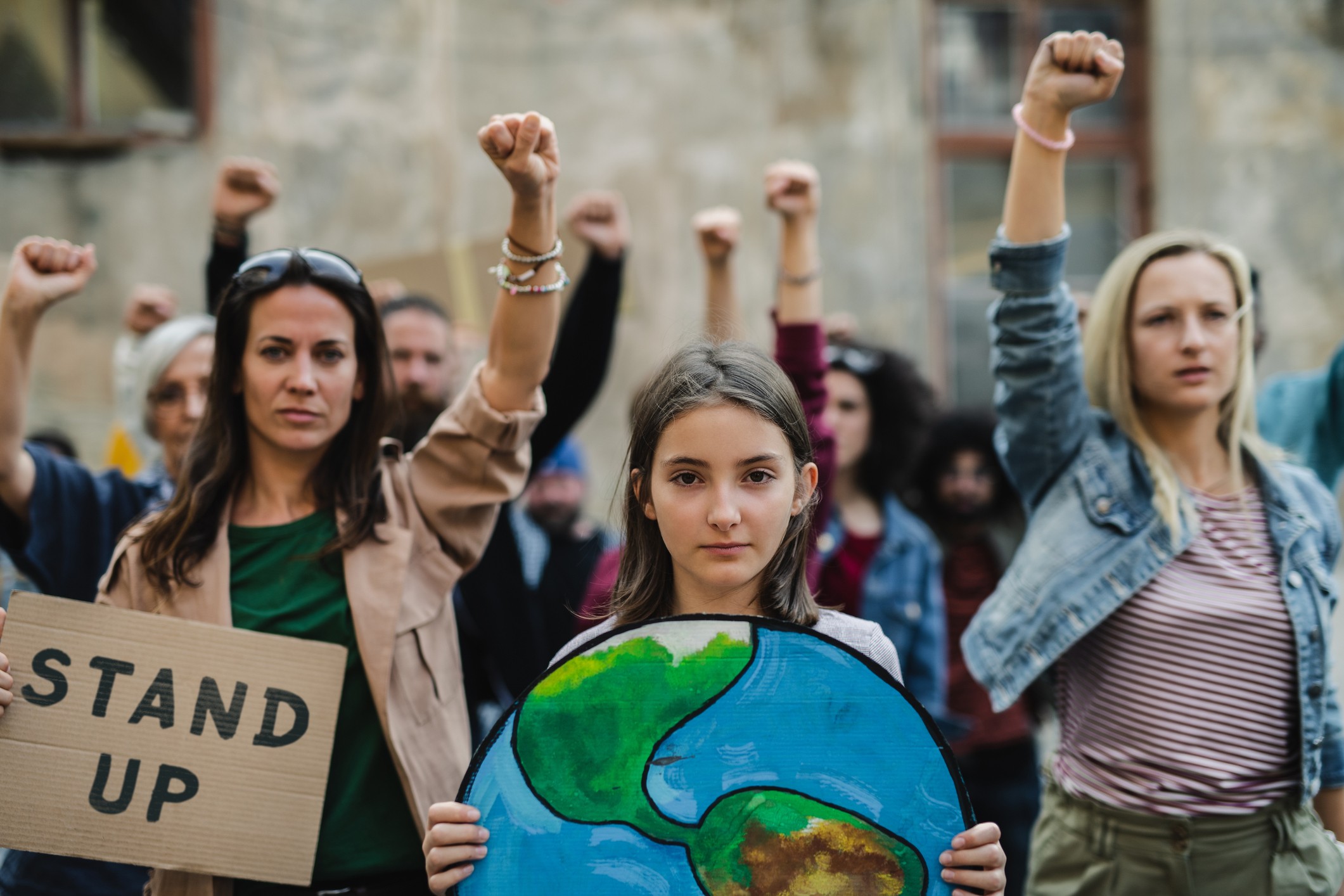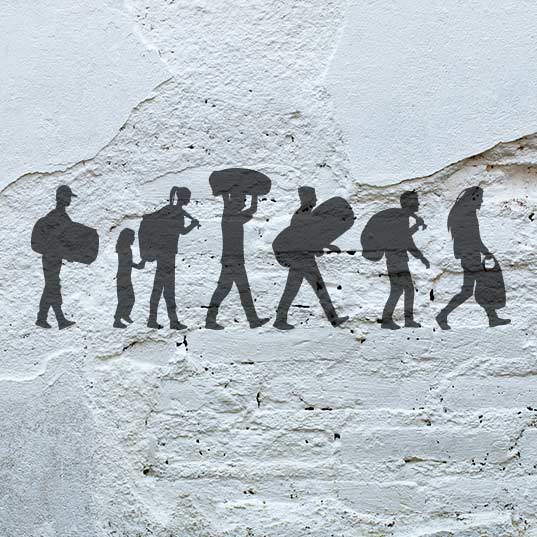History in the light of climate change
What changes in a society when its climate is altered? What effects does a transformation of climatological conditions have on its structures and thinking?
Between 1570 and 1700, temperatures across Europe fell by an average of two degrees — roughly the same amount by which our planet's temperature could rise today because of global warming, according to scientific predictions. This period has been christened the Little Ice Age.
The climate change suffered at that time, whose natural causes remain an enigma, caused extreme phenomena with very long and harsh winters, rainy summers and hailstorms in spring that ruined crops, led to famine, and resulted in mass migration from the countryside to the city.
In that period, millennial superstitions appeared and the end-of-world doomsayers popped up everywhere, saying that God was punishing humanity. But these movements aroused the suspicion of the most educated elites.
The unrest of the seventeenth century also opened up new intellectual horizons — it encouraged rational thinkers, scientists and new preachers of modernity to observe nature and give it a new place in thought. Which is to say, Enlightenment was born from the cold that froze Europe.
This is the theory behind historian Phillipp Blom's book "Nature’s Mutiny" — an interesting account of what can happen to society when its reference conditions ultimately depend on climate and that serves to help us reflect on how climate change influences the history of humanity.
Climate change, a new way to look at history
The climate has not been one of the most relevant factors in analysing historical events, perhaps because there were no tools to do so, or simply because it has gone unnoticed. For example, while the Invincible Spanish Armada—the pride of the Spanish empire in the 16th century—fell in 1588 because of poor decisions by its admirals, an Arctic storm that was unusual and absolutely unexpected for that time of year that compounded the disaster. We already knew this, but now we are re-reading the episode by adding climate change at the time as a determining factor.
The same is true of the famous frozen landscapes by Flemish painters that emerged as a pictorial genre in that period of history. During the 17th century, a small army of Dutch artists painted ice-cold rivers, trees and snow-covered houses, scenes lacking in concern, from which one can deduce that the cold had become an integral part of daily life at that time. It is not only because they wanted to depict winter, but also because at that time winter lasted for much longer periods of the year, and they were portraying the climate reality of their time. We could choose numerous key moments from the past and consider them through the lens of climate change to understand them better. It is not so much that we did not know how the climate shaped many historical moments, but rather that now that we are immersed in the climate crisis, it may now matter more to us than before.
Adaptation to climate change as a human characteristic
The period to which Phillipp Blom’s book transports us is not comparable to current times. The temperature is in danger of reaching two degrees above average, and the causes of the climate crisis that we are suffering are not natural, but are caused by human beings. But there is an idea in his theory that calls for optimism.
During the Little Ice Age there was a structural change in cities that created much more complex societies and in which dissident intellectual activity, perhaps originated from thinkers such as Spinoza, was the seed of many of the human rights achievements that shape our culture today.
Many proposals to deal with the climate crisis were from scholars whom, we would now call botanists or agronomists. New cultivation techniques were tested on the basis of studies and observations, international trade moved grain to places where crops had been ruined…
Change was linked to progress. There is an optimistic parallel we can draw with our time regarding the lessons that climate change can provide to us today, beyond denialism and obscurantism. Humanity is a species that adapts very flexibly to the changes that it faces. The scientific evidence is on the table, but there is still much we can do to adapt and mitigate the consequences of our own climate emergency.
Fuente: La Cultureta, El Confidencial, New York Times







